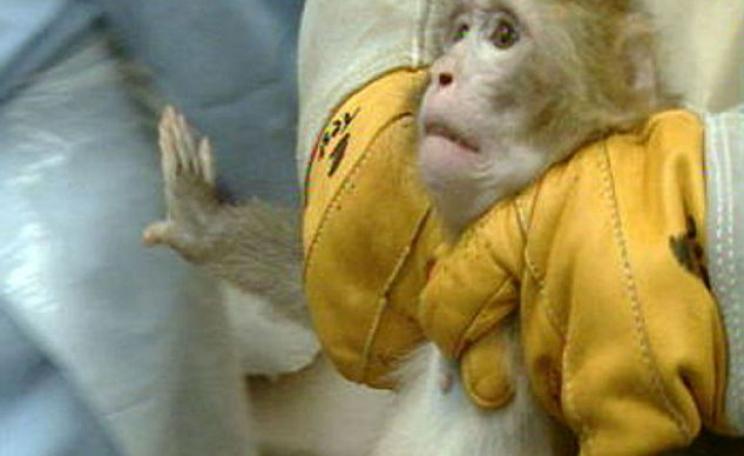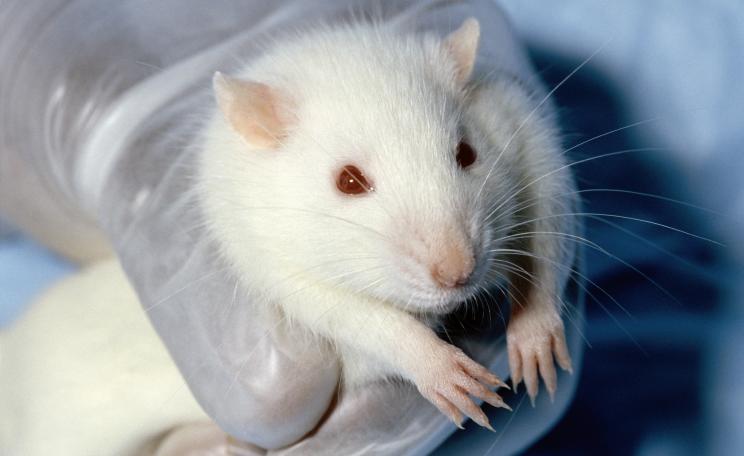This will benefit animals and people, while placing Britain at the forefront of innovative scientific research.
A petition calling on the UK Government to phase out animal testing has surpassed 30,000 signatures amid alarming Home Office statistics showing a rise in testing on dogs, cats, rabbits and horses.
Sign the petition
The petition, launched by Cruelty Free International, Animal Free Research UK and OneKind, is part of the #TargetZero campaign calling for a concerted and coordinated phase out plan for animal-testing in the UK.
Read: The failure of animal testing
Recent statistics released by the Home Office revealed that 2.9 million experiments were conducted on animals in Britain in 2020. The Guardian reported this week that "ministers have opened the door to expanding the use of animal testing to ingredients used in cosmetic products for the first time in 23 years".
Compassionate
Kerry Postlewhite, Director of Public Affairs at Cruelty Free International said: “Recent statistics from the Home Office outline the sheer scale at which the UK conducts animal experiments.
"The UK continues to be the highest animal testing country in Europe despite mounting evidence that animal experiments are ineffective and can increasingly be replaced by more humane methods.”
Bob Elliot, Director of OneKind said: “The level of support for this petition shows the strength of feeling amongst the UK public when it comes to ending animal testing and we would urge everyone to support the #TargetZero campaign if they are passionate about replacing cruel animal experiments with more effective and compassionate non-animal methods.”
Experiments
Carla Owen, chief executive officer of Animal Free Research UK, said: “If the government is serious about making Britain a global science superpower, it must take bold action to modernise medical research.
"A vital first step in this process is to create a clear plan for replacing animal experiments with future-focused, high-tech methods that are much more relevant to humans. This will benefit animals and people, while placing Britain at the forefront of innovative scientific research.”
Despite a drop in the total number of animal experiments, largely explained by two national lockdowns, the government’s statistics reveal a depressing rise in research on many animals including figures which show:
- The number of experiments on dogs has risen (up by three percent), on cats (up by 11 percent) and on horses (up by three percent), showing no concerted effort to reduce and replace testing on these animals. The number of experiments on horses has increased by 29 percent in the last decade alone.
- There has been an increase in regulatory testing on animals (eight percent increase) and in 2020 this accounted for 16 percent of all experiments.
- The statistics reveal 115 experiments were conducted on dogs to satisfy plant protection product legislation (which is likely to include pesticides testing).
- There has been an increase in the use of rhesus macaques (220 in total in 2020, up 77 percent).
This Author
Brendan Montague is editor of The Ecologist.







